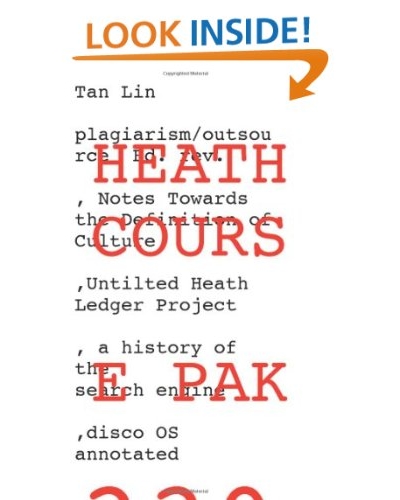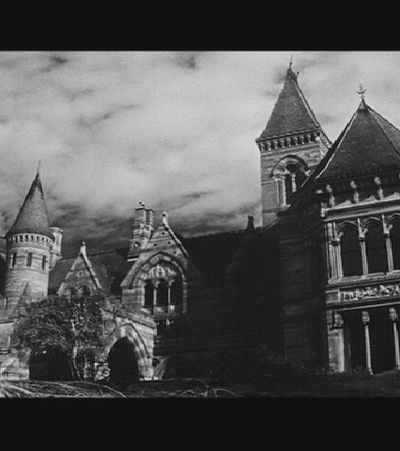Memory Under a Microscope: Memoir Culture and THE SCIENTISTS
Roth draws our attention to what memoir is — a constructed, self-conscious narrative plucked out of the hazy, episodic world of memory — and immediately sets his book as one apart from contemporary memoir culture.
Unheard Melodies in a Cacophony of Gabble: The Case for Goodreads
I hope we can be confident enough to always maintain an eternal amateurism—maybe one day we’ll even achieve an expert amateurism—thanks to humility in the face of the hundred thousand books we’ll never read.
Intellectual Infection: A Conversation About Donna Haraway
Seen in light of infection, evolution is always co-evolution. It becomes untenable to track the progress of an individual species the way Darwinian evolution does.
Teaching in the Margins: Juliana Spahr
There is no shortage of academic labor. We don’t need to consolidate it.
Not Reading and Tan Lin’s HEATH COURSE PAK
Tan Lin has chosen to write a book for, and about, the very attention span that doesn’t want to read it: that unique awareness, the distracted mind.
Teaching in the Margins: Seth Abramson
The time of the workshop is over.
Why Don’t They Just Leave? Revisiting THE HAUNTING OF HILL HOUSE
Why don’t they just leave? What is keeping them inside? The answer in the best haunted house literature is, they don’t leave because they cannot.
Teaching in the Margins: Jane Sprague
Maybe if I’m teaching anything it’s: look.
The More They Stay the Same: THE END OF MEN, THE RICHER SEX, and the Not-So-New World Order
Mundy shows us a world full of Plastic Men (modern, adaptable, infinitely reinvented); Rosin shows us a world with no way forward. Is either option accurate?
Jay Caspian Kang’s THE DEAD DO NOT IMPROVE is a detective story whose mystery is not a single act of violence, but a culture that breeds a certain kind of violence.










